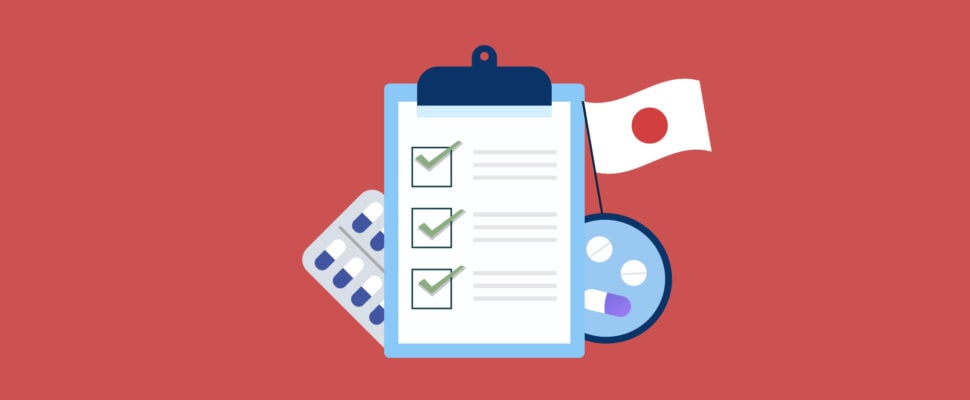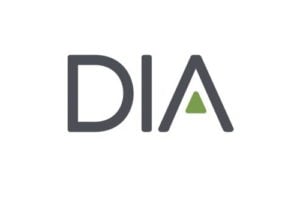Toshi Tominaga of Keio University Hospital, writing in the January 2023 edition of the DIA Global Forum magazine, outlines some recent updates to Japanese drug registration legislation, including how domestically generated academic clinical data can be utilised.
Japan’s current regulatory framework for investigator-initiated trials (IITs) of drug candidates seems fragmented. IITs are categorized as either commercial or noncommercial.
Commercial IITs are intended to produce data used to supplement data from industry-sponsored trials for new drug applications (NDAs). Commercial IITs are regulated under the Pharmaceuticals and Medical Devices Act (PMD Act), Japan’s counterpart to the US Food, Drug, and Cosmetic Act (FD&C Act). The Good Clinical Practices (GCP) Ordinance under the PMD Act, which is compatible with the International Council for Harmonisation (ICH) GCP, applies to this type of IIT.
Noncommercial or academic IITs, the other category, are conducted out of scientific/medical interest to produce data for the advancement of medical sciences through publishing new guidelines, research, etc. Noncommercial or academic IITs are exempt from the PMD Act and are instead less strictly regulated under the Clinical Trials Act (CTA), even if the research employs a new chemical/biological entity or a novel indication of an existing drug product.
Japan’s dual regulation of IITs contrasts with the US and European regulatory frameworks, which operate within a single set of rules such as the US Investigational New Drug (IND) framework or EU Clinical Trial Regulation (CTR).
As of September 2023, Japan’s Registry of Clinical Trials (jRCT), analogous to the clinicaltrials.gov database in the US, indicates that more than 2,000 CTA-regulated IITs are ongoing, compared to less than 300 PMD Act-regulated IITs.
Though only a tiny fraction of CTA-regulated IITs deal with new drugs or usages, the question arises if data from such studies could also be incorporated into an NDA.
CTA and PMD Act
The CTA and PMD Act requirements for IITs do not differ greatly, as both are fundamentally compatible with ICH-GCP. Both laws are equally strict regarding the ethical treatment and safety of research participants. However, the GCP Ordinance within the PMD Act is much more detailed and prescriptive than the CTA regarding study management and data quality.
The CTA affords greater discretion for researchers, reflecting the generally lower risk of noncommercial IITs. It mandates monitoring but gives investigators the choice to not audit the data if (in their judgment) the risks of bias, fabrication, or otherwise improper data collection are small enough. On the other hand, monitoring and auditing are both mandatory under the PMD Act. The CTA also does not mandate preparing Case Report Forms (CRFs) and the Investigators’ Brochure. Requirements related to management of the investigational substance(s), records retention, and the contents of the final study report are also substantially fewer and less stringent under the CTA than those stipulated under the PMD Act.



